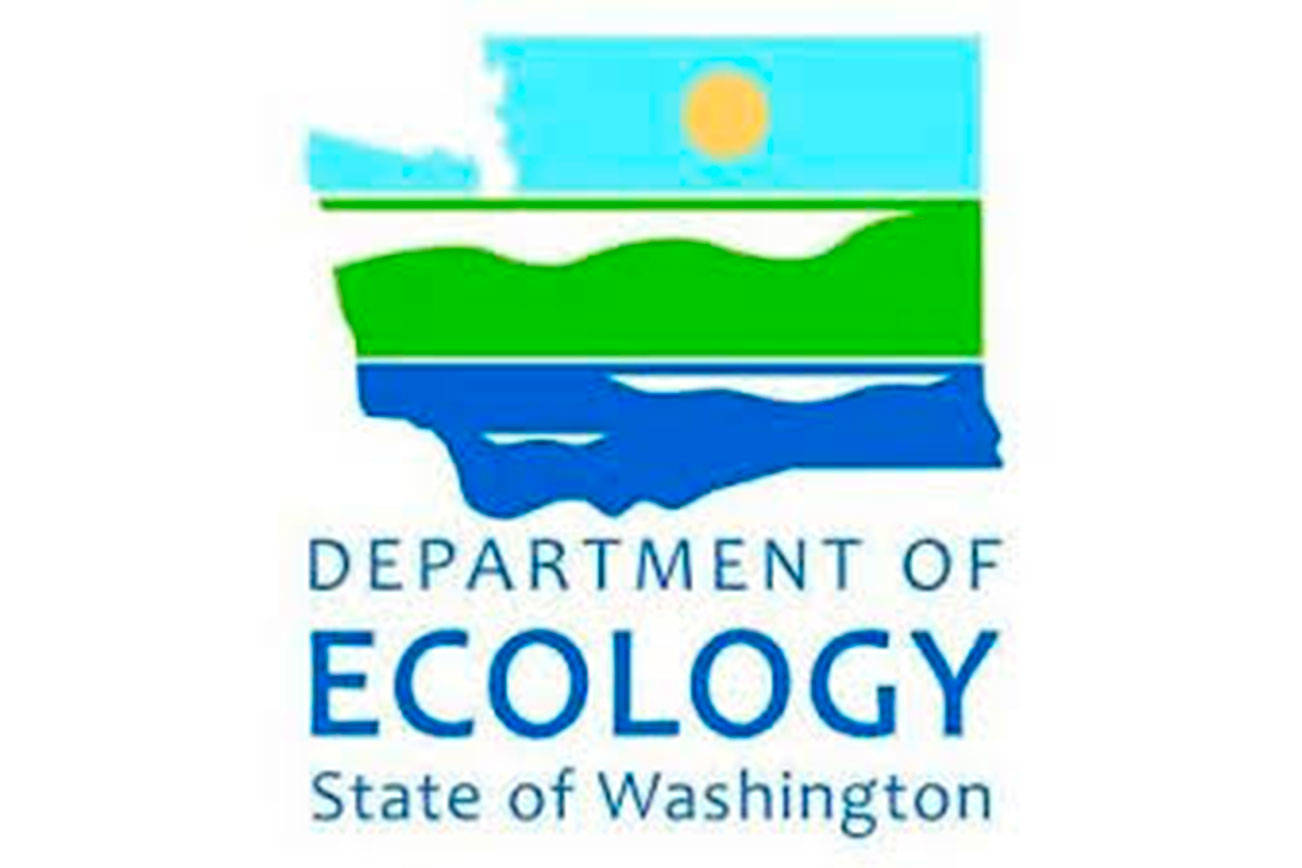Note: the following was posted by the Washington State Department of Ecology.
Plastic affects our lives in remarkable ways. It allows people to soar into space and is part of some of humanity’s most important medical marvels. The introduction of “Bakelite” in 1907 set off the commercial production of plastic, and since the 1950s, about 10 billion tons of the stuff has been created.
But life with plastics hasn’t been all butterflies and roses.
Plastic pollution is everywhere and poses a threat to human health, wildlife, and the environment. During production, use, incineration, or its slow disintegration to particles visible only with a microscope, harmful chemicals are released or leach out of plastics and into the surroundings. They can include dioxins, phthalates, vinyl chloride, ethylene dichloride, lead, cadmium, and other toxics.
Plastic everywhere
Between the annual production of about 500 billion plastic bags and the 78 million tons of plastics entering the ocean every year, a person could reasonably believe Earth is plastered in the stuff. Microplastics are found in nearly every environment, including rain. They are created when the chemicals bonding plastic structures together are either released or leach out of the plastic and its structure disintegrates.
Microplastics are so pervasive a National Geographic report on a study by the journal Environmental Science and Technology says it’s possible humans may be consuming anywhere from 39,000 to 52,000 microplastic particles every year. The same study says we inhale much more — around 74,000 particles.
Plastics policy changes
We must find ways to reduce harmful plastic pollution. Reliance on managing the stuff at the end of its life will not remedy the situation.
Many plastic products are difficult to recycle. It is estimated that only 9 percent of all plastics ever created have been recycled. And emphasis on recycling, while important, doesn’t slow down the generation of plastic and plastic waste.
Recently, Washington banned single-use plastic bags, completed a plastics study, and will now be implementing new legislation to reduce the use of single-use plastics and increase recycled content in bottles and trash bags — which will boost markets for recyclable plastic. This legislation also bans three types of expanded polystyrene (EPS) products: coolers, packing peanuts, and take-out containers.
U.S. Plastics Pact
Washington joined the U.S. Plastics Pact, a group of nearly 100 public and private organizations committed to realizing a circular economy for plastics in America. The Plastics Pact wants to address plastic waste at its source by 2025.
The goals of the U.S. Plastics Pact include:
• Defining a list of packaging to be designated as problematic or unnecessary by 2021 and take measures to eliminate them by 2025.
• Making 100 percent of plastic packaging reusable, recyclable, or compostable by 2025.
• By 2025, undertaking ambitious actions to effectively recycle or compost 50 percent of plastic packaging.
• See to it that by 2025, the average recycled content or responsibly sourced bio-based content in plastic packaging will be 30 percent.
The recent law passed in Washington supports the Plastic Pact’s goal to increase recycled content in products. It also reduces the number of some items that could be designated as problematic or unnecessary, such as certain EPS products and disposable food serviceware.
The U.S. Plastics Pact’s Roadmap to 2025 kicked off (in June) and Washington’s new laws will help advance the Pact’s goals in the fight against plastic pollution. With just four years remaining to reach the Pact’s national goals, Ecology will work to implement laws that reduce the footprint of plastics in the environment.


